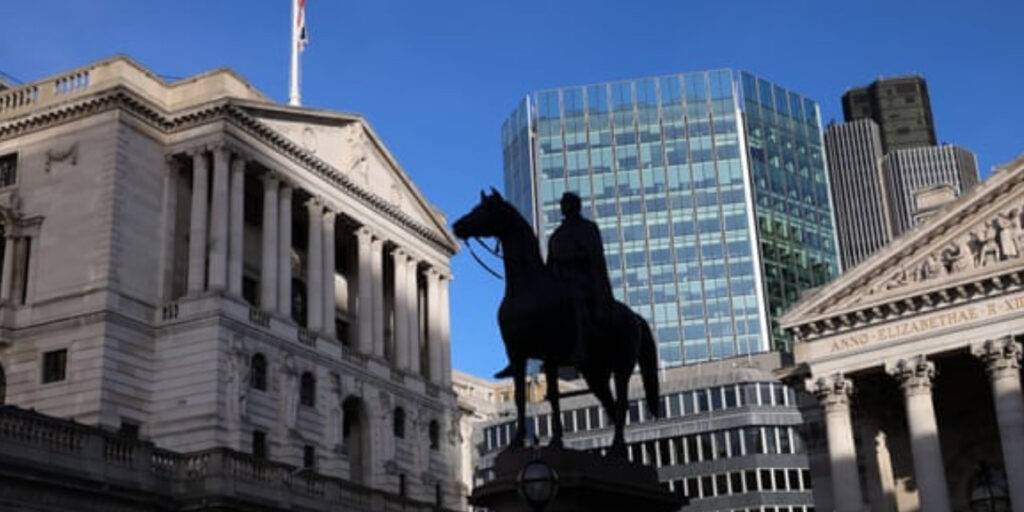The UK government faces escalating calls to rejuvenate the economy as businesses anticipate job cuts and price hikes, and millions of households fear worsening financial conditions this year.
Ahead of Chancellor Rachel Reeves’s key address, which aims to reaffirm Labour’s economic strategy, the Confederation of British Industry (CBI) has reported that private sector organisations are urgently revising their budgets following last October’s fiscal policies.
Alpesh Paleja, CBI’s interim deputy chief economist, expressed concern over the economic outlook: “After a challenging period leading up to Christmas, the new year has not brought any renewal, with businesses bracing for continued declines in activity.”
The CBI anticipates a substantial downturn in business activity over the next quarter, continuing a trend of stagnation that began in mid-2022 during Liz Truss’s short tenure as Prime Minister.
The Chancellor’s autumn statement, which included a £25 billion rise in employer National Insurance contributions and a 6.7% increase in the minimum wage, has compelled business leaders to consider significant adjustments.
Analysts predict the Bank of England will face constraints in reducing interest rates due to emerging inflationary pressures, despite job cuts and stagnant economic activity.
Financial markets expect a minor rate cut at the upcoming February policy meeting, with limited further reductions anticipated throughout the year.
StepChange, a debt charity, highlighted the financial strain on households, noting that 21 million individuals anticipate tougher financial conditions in the coming months.
A survey indicated that 41% of respondents across Great Britain expect their financial situation to deteriorate, driven by high living costs and energy bills.
Vikki Brownridge, CEO of StepChange, commented on the pervasive financial uncertainty: “The enduring high cost of living and energy expenses are heavily impacting families and communities, especially women and those with parental responsibilities.”
The report comes as the UK economy faced stagnation in the latter half of 2024, with inflation exceeding the Bank of England’s 2% target recently.
EY-Parthenon’s latest analysis revealed a high incidence of profit warnings among UK-listed companies, with significant reasons being order cancellations and escalating costs.
Jo Robinson, a partner at EY-Parthenon, summarised the economic challenges: “The path ahead is fraught with challenges related to trade, geopolitics, interest rates, and beyond.”


